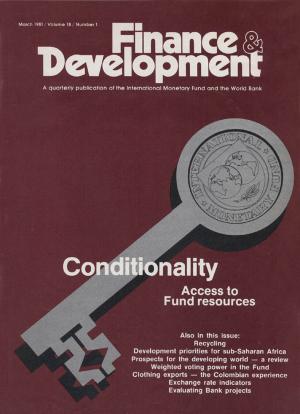Corruption
Costs and Mitigating Strategies
Business & Finance, Economics, Money & Monetary Policy, Macroeconomics| Author: | International Monetary Fund. Fiscal Affairs Dept., International Monetary Fund. Legal Dept. | ISBN: | 9781484346228 |
| Publisher: | INTERNATIONAL MONETARY FUND | Publication: | May 11, 2016 |
| Imprint: | Language: | English |
| Author: | International Monetary Fund. Fiscal Affairs Dept., International Monetary Fund. Legal Dept. |
| ISBN: | 9781484346228 |
| Publisher: | INTERNATIONAL MONETARY FUND |
| Publication: | May 11, 2016 |
| Imprint: | |
| Language: | English |
In an environment in which growth and employment prospects in many countries remain subdued and a number of high-profile corruption cases have fueled moral outrage, and amid a growing consensus that corruption can seriously undermine a country’s ability to deliver inclusive economic growth in a number of different areas, addressing corruption globally—in both developed and developing countries—has become increasingly urgent. When corruption impairs government functions, it can adversely affect a number of important determinants of economic performance, including macrofinancial stability, investment, human capital accumulation, and total factor productivity. Moreover, when systemic corruption affects virtually all state functions, distrust of government can become so pervasive that it can lead to violence, civil strife, and conflict, with devastating social and economic implications. This Staff Discussion Note focuses on corruption that arises from the abuse of public office for private gain, whether it manifests itself transactionally (for example, a bribe) or through powerful networks between business and government that effectively result in the privatization of public policy. While designing and implementing an anticorruption strategy requires change on many different levels, the IMF's experience in assisting member countries suggests that several elements need to be given priority: transparency, rule of law, and economic reform policies designed to eliminate excessive regulation. Perhaps most important, however, addressing corruption requires building effective institutions, with the clear objective of developing a competent civil service that takes pride in being independent of both private influence and public interference.
In an environment in which growth and employment prospects in many countries remain subdued and a number of high-profile corruption cases have fueled moral outrage, and amid a growing consensus that corruption can seriously undermine a country’s ability to deliver inclusive economic growth in a number of different areas, addressing corruption globally—in both developed and developing countries—has become increasingly urgent. When corruption impairs government functions, it can adversely affect a number of important determinants of economic performance, including macrofinancial stability, investment, human capital accumulation, and total factor productivity. Moreover, when systemic corruption affects virtually all state functions, distrust of government can become so pervasive that it can lead to violence, civil strife, and conflict, with devastating social and economic implications. This Staff Discussion Note focuses on corruption that arises from the abuse of public office for private gain, whether it manifests itself transactionally (for example, a bribe) or through powerful networks between business and government that effectively result in the privatization of public policy. While designing and implementing an anticorruption strategy requires change on many different levels, the IMF's experience in assisting member countries suggests that several elements need to be given priority: transparency, rule of law, and economic reform policies designed to eliminate excessive regulation. Perhaps most important, however, addressing corruption requires building effective institutions, with the clear objective of developing a competent civil service that takes pride in being independent of both private influence and public interference.















